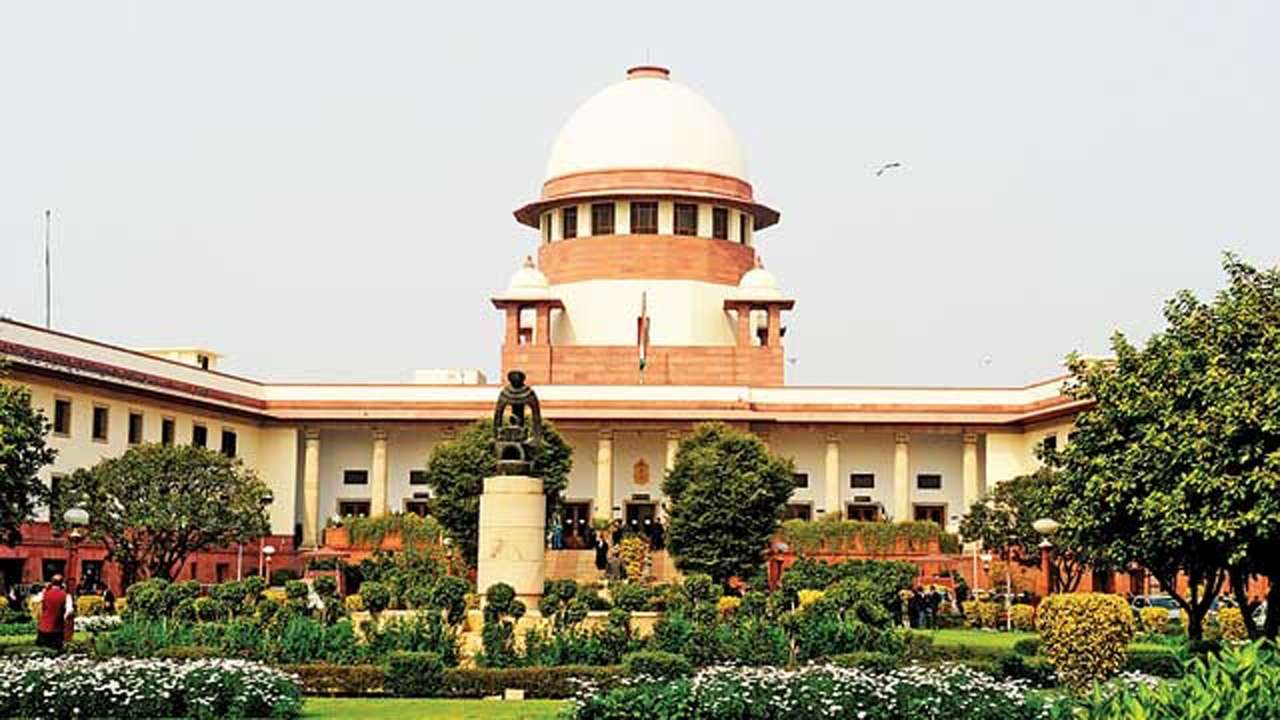
As a nation of thin-skinned people, it doesn’t take much for Indians to take offence. A painting here, a verse there, a paragraph of a novel, an excerpt from a speech, or a title, dialogue, character of a film.
In most cases, those offended seek a ban in their extreme reluctance to engage with the offending material. Sometimes the reasons cited are so bizarre that one starts doubting if the country has truly turned into Alice’s Wonderland, without the enchanting qualities of the original.
The controversial Malayalam novel Meesha written by S Hareesh is a work of fiction, which has been taken to court on charges of obscenity. But the Supreme Court refused to yield to the call for deleting a particular paragraph of the book.
The bench headed by CJI Dipak Misra pointed out that a ban tends to impede the free flow of ideas. This is very important in a democratic, pluralistic society where views will differ but all shades of opinion will have the right to exist.
The so-called insinuations made against the priestly class in that particular portion of Meesha should be seen from the overall context of a work of fiction. It is not customary that the views of the characters of a book reflect the author’s.
Equally important is the fact that a piece of fiction should be taken for what it is: a work of fantasy. This applies to a book, film, or a song. But by taking its opposition to such extreme degree, the offence-taking brigade is silencing the free, democratic spirit of this country.
Religion has often been the rallying cry for conservatives who see red at the slightest pretext. Not so long ago, frustrated by the protests over his book Mathorubhagan, which had apparently “degraded the women of a community and sullied the image of a Hindu deity”, Perumal Murugan, the much admired Tamil writer had written a poignant obituary of his writer self. “Perumal Murugan is dead. He is no God and therefore he will have no resurrection. Since he does not believe in rebirth he will live as just an ordinary teacher.”
It was a heart-broken author’s submission to the agitating mobs. Silencing the voices of artistes and litterateurs has become child’s play these days. The ban has become an effective weapon to crush anything that doesn’t fit the straitjacketed parameters of decency.
Salman Rushdie’s fatwa years is a grim reminder of how freedom of expression has suffered across continents and cultures. In her adopted home India, exiled Bangladeshi author Taslima Nasreen didn’t get the support from West Bengal’s Left Front government which readily submitted to Muslim mobs baying for her blood. It’s worth recalling what Rushdie had said in defence of freedom of expression: “What is freedom of expression? Without the freedom to offend, it ceases to exist.”
The so-called moral police and custodians of religion and culture do much harm to the values they purportedly uphold by creating a climate of fear. Without the breeze of freedom, ideas tend to get stale and mouldy.